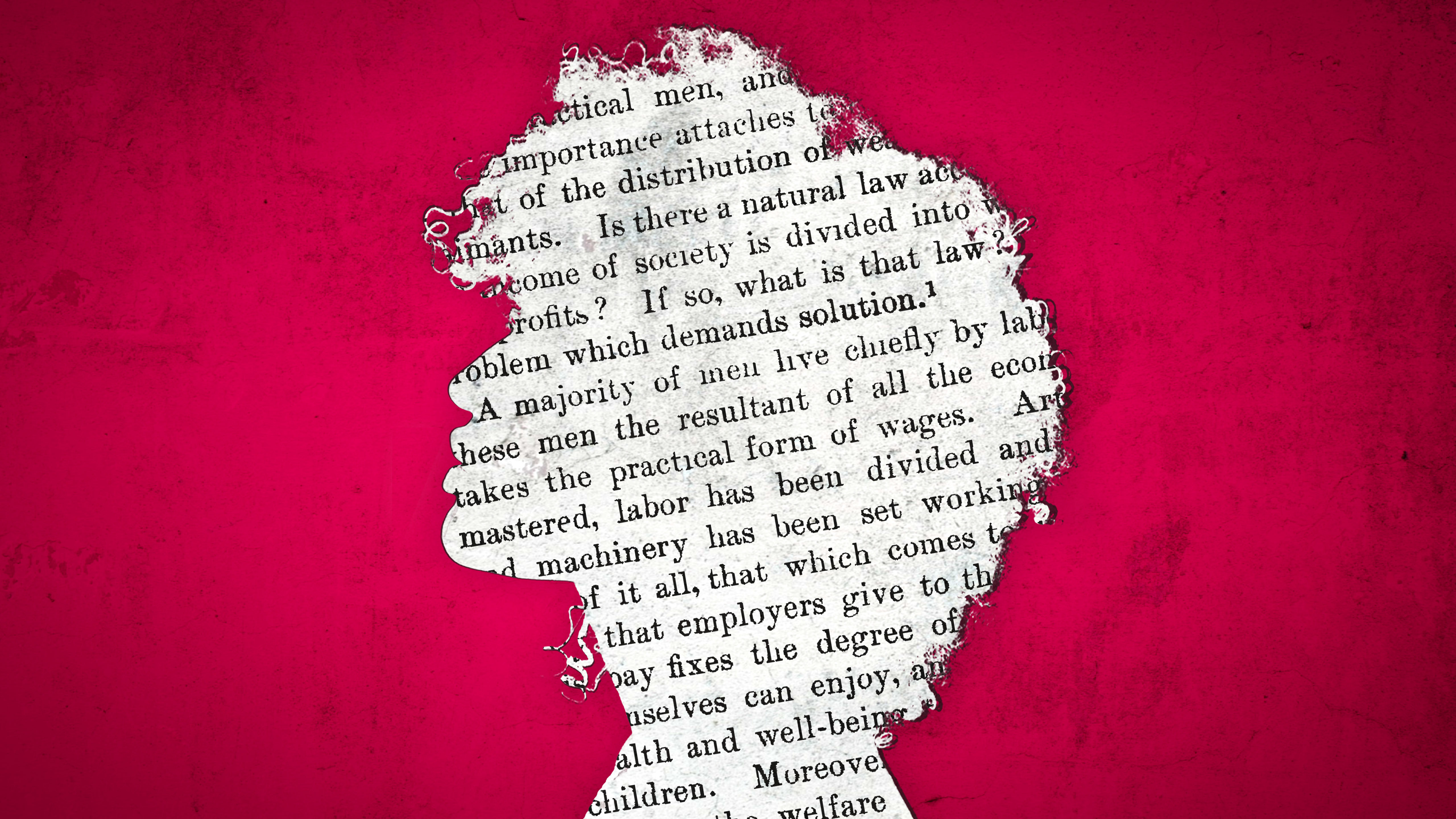Gender Economics
A collection of INET work on gender inequality, inclusion and diversity, and the broader economic consequences.

The Invisible Woman
Economics has many flaws, yet few are as broadly oppressive as its illusions about gender.

The Male-centric Biases of Economic Models
The assumptions economists make in their models have implications not only for policymaking and choosing what data we collect, but also for the very definition of work, says Professor Maria Floro of American University.

Understanding LGBTQ Employment Discrimination
“If you want to make the world a more equal place, you need to understand the tools.”
Macroeconomics of Gender
Gender & Inequality: The Glass Ceiling In International Perspective

How Academic Conformity Punishes Women—and Restricts the Diversity of Economic Ideas
Skewed measures of “research output” hold back women who think differently or study smaller subfields in economics—and it’s harming the discipline as a whole

Gender and the Future of Macroeconomics
Decomposition by such an important category as gender helps us understand the economy at the macro level, and design macroeconomic policy, better. It also provides the foundation for advocating equal gender rights and outcomes. But, where gendered policy issues arise in mainstream macroeconomics (income maldistribution, labour market composition, etc.) the subject matter is narrowed by its microfoundations, by focusing on GDP growth and on suboptimal outcomes being explained by market imperfections.
Sex Uncensored

How Gender Roles, Implicit Bias and Stereotypes Affect Women and Girls
Young women of all races and gender identities are powering movements from Black Lives Matter to immigration reform to reproductive justice to minimum wage and beyond. Researchers need to support their progress with metrics that capture the spirit they are building

Meaningful Work: A Radical Proposal
To mark International Women’s Day, Neva Goodwin argues that the crisis of income insecurity and longstanding gender inequality require a form of universal basic income that recognizes and rewards the value of household labor

Aggregating Elasticities: Intensive and Extensive Margins of Female Labour Supply
There is a renewed interest in the size of labour supply elasticities and the discrepancy between micro and macro estimates. Recent contributions have stressed the distinction between changes in labour supply at the extensive and the intensive margin. In this paper, we stress the importance of individual heterogeneity and aggregation problems.

Race and Economics: Exploring Headwinds and Resilience
The Institute for New Economic Thinking’s recent Detroit event on race and economics noted both the structural impediments faced by African-Americans, and the impressive gains made in some communities despite those headwinds